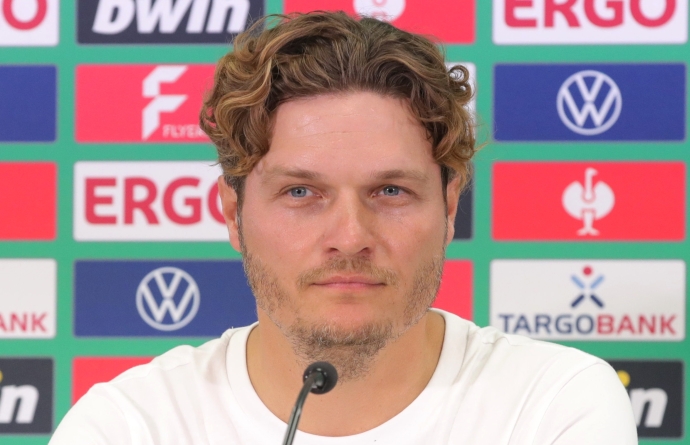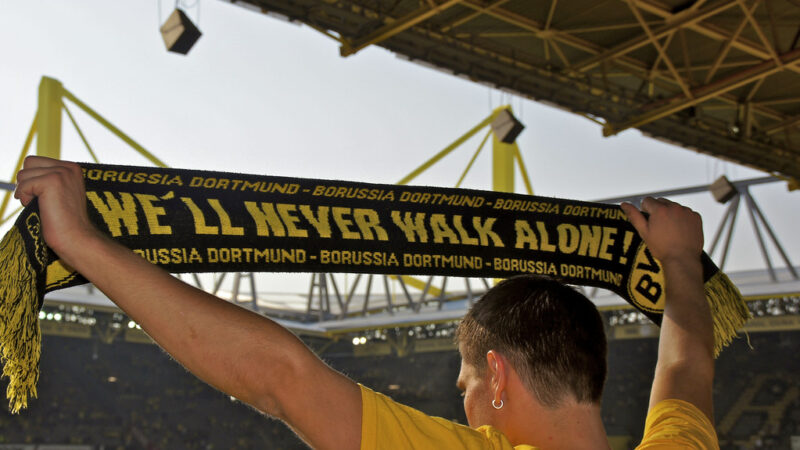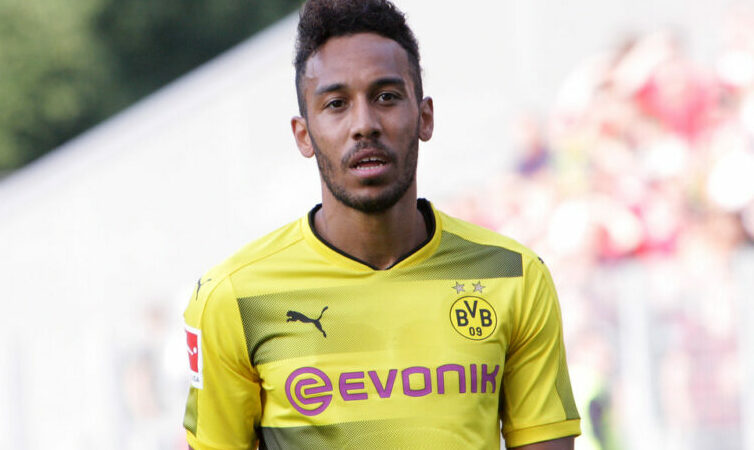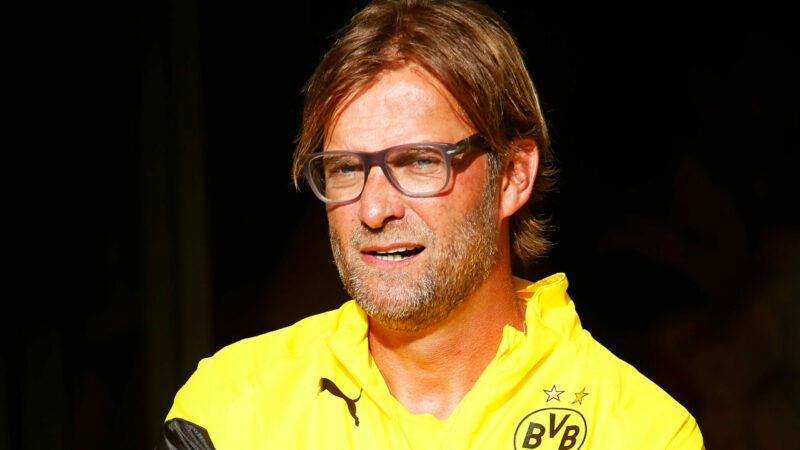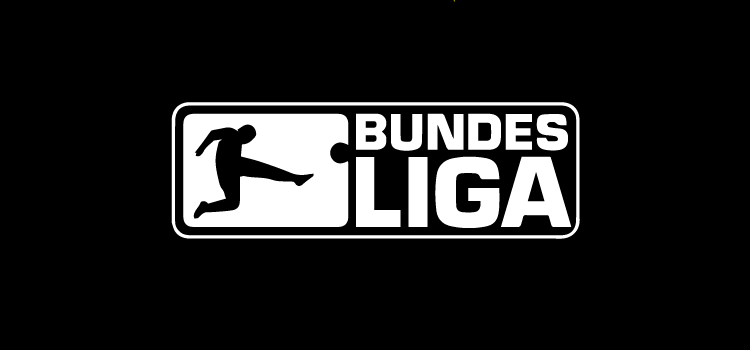From the Touchline: Is Tedesco Lucky, Brilliant, or Neither?

There are a number of plot twists to cover in the now-legendary Schalke comeback draw against Dortmund, but one being slightly underreported is Domenico Tedesco’s role in the draw. In many stories, he is being praised for his aggressive managing and positioning his players in the right places to exploit the home side’s weaknesses. However, the second half manager who earned the 4-4 draw is the same from the first half who saw his team go down 4-0 and be utterly dominated. In a derby match of such extreme swings, emotion and determination undoubtedly play a role, but so do the decisions of the managers and players.
Thus now we look at Tedesco and his decisions during this match to determine whether the Schalke manager is as brilliant as he is being described, utterly lucky and stumbling into a good result, or a combination of the two. Let us look examine his work by highlighting some key decisions he made during the match.
Pre-Match
Tedesco trotted out the same 3-4-3 line-up that had defeated Hamburg the previous week. In Schalke’s 3-4-3, a new favoured formation, the midfield and forwards press aggressively with the wings looking to push forward. The emergence of Max Mayer as a defensive stalwart and good distributor allows Tedesco to play a three at the back and push his wings up. With Leon Goretzka still coming back from injury, Weston McKennie earned the start as a central midfielder. The young American has a good defensive mentality but in a match of such magnitude seemed destined to struggle. Could Goretzka have played from the opening whistle and mitigated some of the early troubles caused by an overwhelmed McKennie? He did play almost seventy minutes so the question must be asked if he should have, and the answer seems to be that it would have been a better option. Thilo Kehrer was another player who came off due to poor play but considering he has started every league match this season, his spot made sense. The formation itself, against an anticipated 4-3-3, was not concerning.
For pre-match strategy, Tedesco gets a pass but he should be questioned hard about if his early decisions prevented a potential victory or at least a smaller deficit.
Substitutions
This is where Tedesco is receiving much praise, subbing off McKennie and Di Santo at the 33rd minute and Kehrer at halftime. First-half substitutions frankly should happen more often, but I wonder if he made his substitutions quickly enough?
To recap, Tedesco took off the first two players when his side was already down 4-0 and burned his third with 45+ minutes left in the match. Did the substitutions when they were made lead to the next four goals? All three players certainly were upgrades going forward when Schalke made their comeback. Harit alone arguably won the draw with his goal and his run down the right that drew Aubameyang’s second yellow, in addition to the other positives he brought. Even though he is not much older chronologically, Goretzka showed why all the major sides are lusting after his services in the next transfer window. His midfield presence and distribution complimented Mayer’s well and he helped keep possession as well as snuffing out any thoughts by Dortmund of a counter. Nastasic simply did look like he wanted to earn a red, so that made him an upgrade over Kehrer.
The one way this would have been a wash was if Harit would have been more seriously injured. With ten minutes to go in the second half, he looked to be destined for the locker room after Castro caught his heel with his cleat. Harit did return after being carried off and restoring the numerical advantage, but if he would have stayed out this match would likely have been Dortmund hanging on for the victory. A second view is why not make a substitution earlier. A substitution in the first 30 minutes is rare but not unheard of; McKennie for Goretzka seems logical and if made 5 minutes earlier Schalke may have earned the full three points.
For his substitutions, Tedesco gets a plus although he was not quite as creative as he is labelled for these moves.
Half-time
What does a manager say at halftime to his side after they have been dominated in a hostile environment by a club desperate for three points? Keeper Ralf Fahrmann shared with the press after the match what Tedesco said to his men:
“The coach called us together and we sat really tightly. Then he knelt down in front of us and said that we had to learn from the game right then and there, that halves of football like that can always happen. We had to go about things differently in the second half, wear our hearts on our sleeves and approach the second half as if it were a new game. He reminded us that Dortmund were going through a tough spell and if we could get a goal back, things could get nervy for them”.
Credit to Tedesco for keeping his attention on a major factor in this match – Dortmund’s fragile psyche. Rather than trying to mitigate the damage, he challenged his side to go out and play as if the game were new, which he knew would pressure a Dortmund side likely would wilt if challenged. His prediction came to pass – a first goal lead to a second, and BVB collapsed in on itself with self-imposed errors one after the other.
For this psychological side of the match, Tedesco gets a major plus.
Overall, how do we evaluate Domenico Tedesco’s performance? He needed to quickly adjust to some major early mistakes but a calm demeanour and sense of the important elements of the match meant that his side salvaged a point but more importantly won a major victory.

